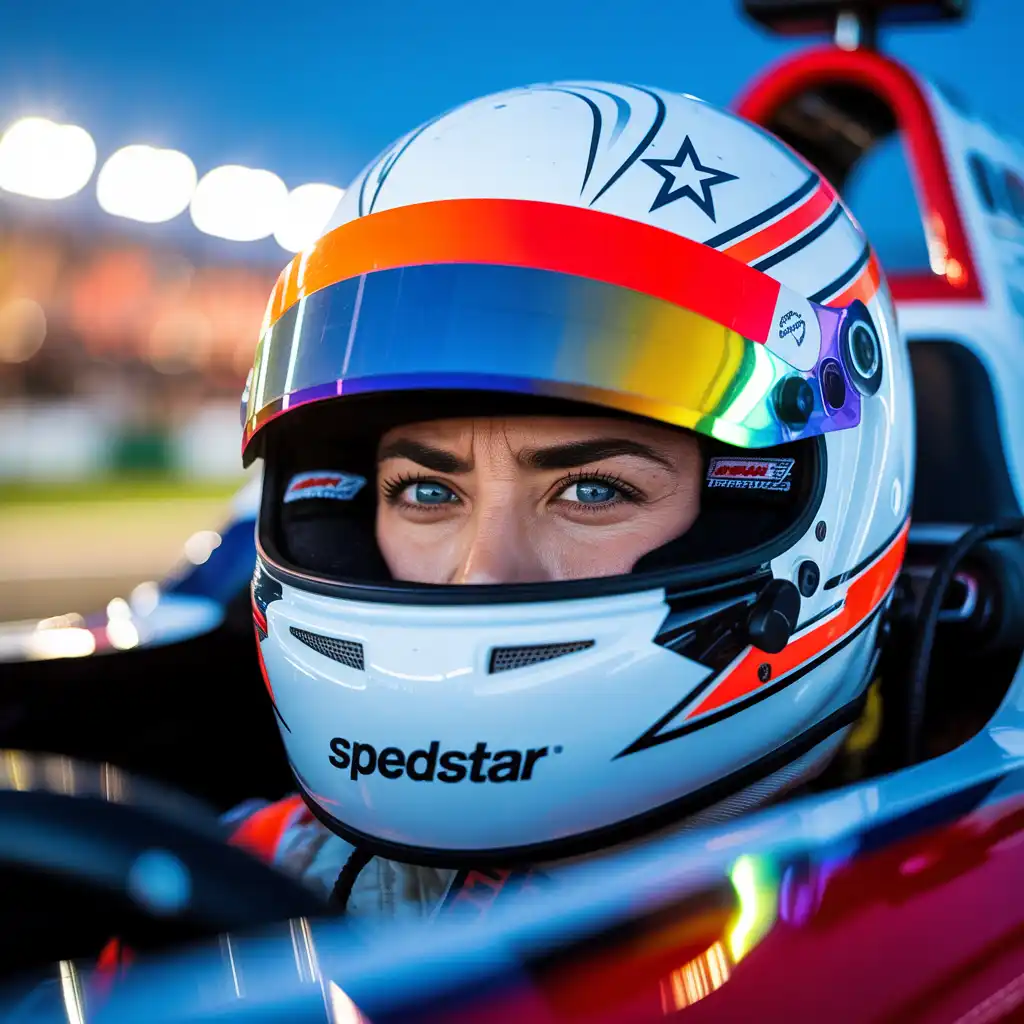
Overview
Imagine hurtling down a track at over 200 km/h, every fraction of a second counting, every decision potentially game-changing. In motorsport, physical skill and technical expertise are vital, but there’s another, often invisible factor that can make or break a racer: mental fitness.
Mental fitness is the hidden track of success. It’s the ability to stay focused, resilient and calm under pressure, to process information quickly and to bounce back from mistakes. For some, especially those who are neurodiverse, mental fitness can offer a unique Edge, but also unique challenges.
The Pressure of Motorsport
From the roar of the engines to the eyes of sponsors and fans, the mental load on drivers and teams is immense. A single misjudgment can cost a championship; a moment of doubt can erode confidence built over years. Fatigue, travel, media attention, and relentless competition combine to create a high-stakes mental environment.
Take the story of a young driver, racing in their first international season. Midway through a crucial event, nerves and self-doubt crept in. Despite perfect lap times in practice, performance dropped on race day. The lesson? Mental resilience is as critical as physical training.
Mental Fitness: Training the Mind
Drivers and teams are increasingly adopting methods such as mindfulness, visualization and coaching. Meanwhilem there are also innovative, less obvious approaches that are gaining traction:
- Biofeedback suits and wearable neuro-sensors: track real-time stress levels, brainwaves and heart rate variability during practice to identify mental blocks before race day;
- Virtual reality (VR) pressure simulations: recreate high-pressure scenarios like media interviews, aggressive overtaking or race-restraints, so drivers can train emotional responses in a safe, controlled environment;
- Cognitive cross-training using strategy games, musical improvisation or memory puzzles to enhance rapid decision-making and pattern recognition off the track;
- Controlled chaos drills: training under deliberately unpredictable conditions (e.g., last-minute car setup changes, sudden team instructions) to build flexibility and adaptability;
- Sleep and circadian rhythm engineering: personalized light therapy and sleep schedules to maximize alertness and cognitive sharpness on race weekends, especially during international travel.
One F4 team integrated daily mental training routines with VR pressure simulations and biofeedback monitoring. Within months, drivers reported better focus, faster recovery from mistakes and improved lap consistency. Mental training, it turns out, is competitive.
Neurodiversity as a Strength
Neurodiversity, encompassing ADHD, autism, dyslexia and other cognitive variations, offers unique strengths in motorsport. Neurodiverse drivers often excel in pattern recognition, rapid problem-solving and out-of-the-box thinking. Yet, they may face challenges in traditional team environments or under standard coaching methods.
Consider Alex, a neurodiverse karting prodigy. Their unconventional approach to cornering and strategy initially puzzled coaches, but once embraced, it gave the team unexpected advantages on the track. Success came not from conforming, but from leveraging different ways of thinking.
Teams can support neurodiverse individuals by:
- Offering personalized training plans;
- Adapting communication styles to suit cognitive preferences;
- Encouraging mentorship and peer support within the team.
By valuing neurodiverse perspectives, motorsport teams can unlock hidden innovation and strategic thinking.
Mental Fitness for All: Creating an Inclusive Culture
Mental fitness should be accessible to everyone, regardless of neurotype. Teams that foster psychological safety, provide access to mental health resources, and promote open dialogue build resilience across the board. Destigmatizing struggles and normalizing support ensures that all drivers—neurotypical and neurodiverse—can thrive.
Take Anya, a young driver from a less-represented background. With consistent mental coaching and mentorship, she overcame performance anxiety and financial stress, ultimately qualifying for international competitions. Inclusive mental fitness programs create champions out of potential, not privilege.
Practical Tips for Aspiring Racers
- Establish daily routines: incorporate mindfulness exercises, visualization, and quick journaling to track mental state;
- Manage stress proactively: use breathing techniques, micro-meditation breaks or short movement routines to stay grounded;
- Leverage cognitive strengths: neurodiverse individuals should identify patterns or strategies that give them an edge and intentionally train them;
- Innovative mental training:
- Simulated high-pressure drills using VR or AI opponents;
- Neurostimulation techniques (tDCS or light-based therapies) to enhance focus and decision-making;
- Gamified mental exercises that combine reaction time, memory, and strategy;
- Sleep and recovery hacks: personalized circadian planning, napping strategies and light exposure to optimize alertness during races;
- Seek mentors and coaches: guidance from experienced professionals accelerates learning and resilience
- Balance mental and physical training: both are essential tracks to success, so don’t neglect one for the other.
Conclusion
Mental fitness is the hidden track in motorsport. Physical skill and car performance may get you on the grid, but mental strength determines who crosses the finish line first. For neurodiverse racers, inclusive environments and tailored support can transform unique thinking into competitive advantage.
Invest in your mind as you invest in your machine, because in racing, the strongest mind often wins the fastest race.


